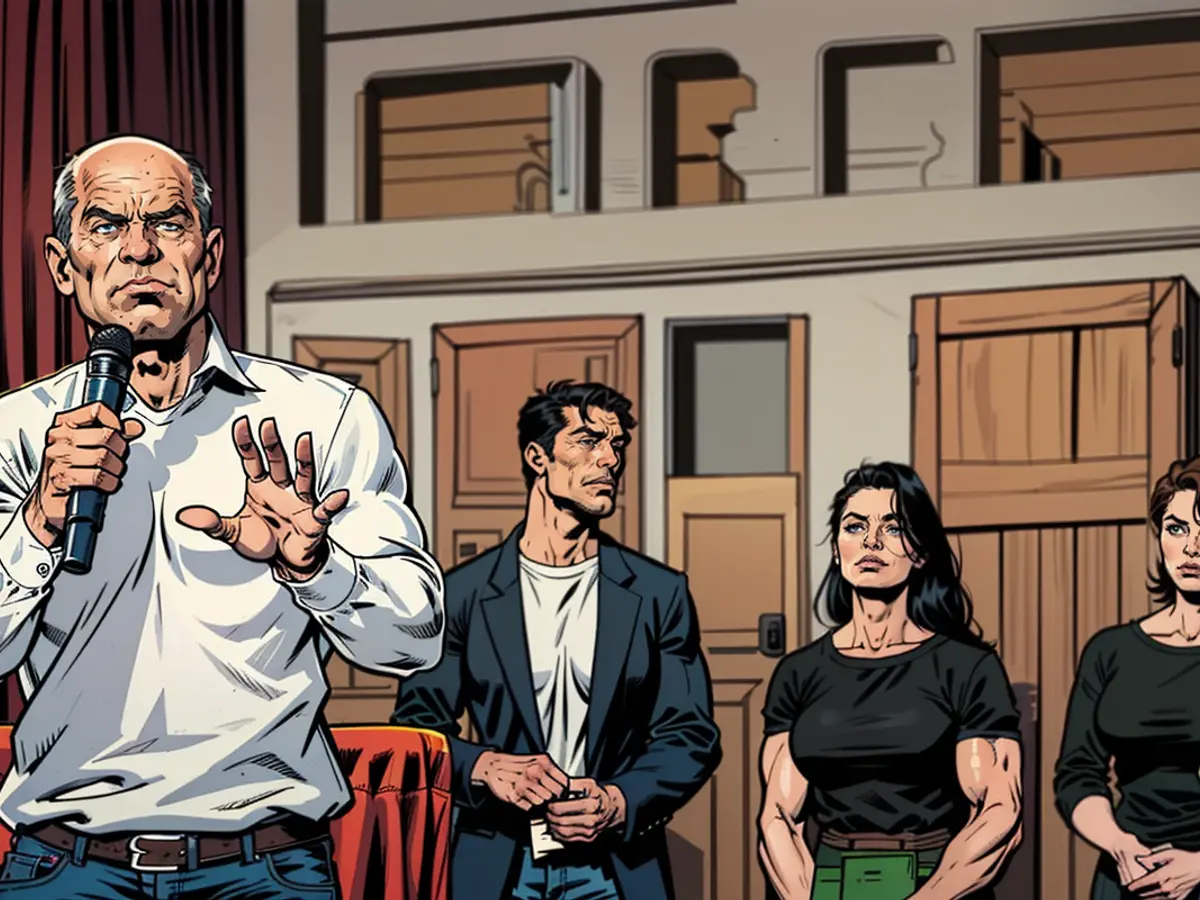For the moment, Scholz maintains ambiguity regarding Merz's proposal.
The leader of the CDU, Friedrich Merz, offered help from his party to Chancellor Olaf Scholz in minimizing unregulated migration, possibly leading to the breakdown of the coalition. During a SPD campaign event in Jena, Scholz replied cautiously and vaguely, stating, "Even after taking action, we should never grow complacent." He acknowledged Merz's offer to collaborate in reducing irregular migration, asserting, "It's only right that the opposition leader in the German Bundestag proposes cooperation in this matter." Scholz had earlier held discussions with Merz at the Chancellery, a meeting scheduled well in advance. He expressed his readiness to accept "numerous useful suggestions." Cooperation between the government and opposition is always necessary, he emphasized.
Despite not directly addressing Union's demands, Scholz stressed, "It's equally vital that we stick to democratic principles while working together to shape our country." International treaties, EU regulations, and the German constitution would continue to apply, Scholz stated, in response to Merz's proposition to stop Afghans and Syrians at the German border. Scholz did not engage with Merz's suggestion of enacting stricter laws in unison with the Union, even if the coalition allies, the Greens and the FDP, are averse to these laws.
Scholz defended his government against accusations of inactivity, stating, "Our measures are already showing results. The numbers of irregular migration are decreasing, and the number of deportations is increasing." For instance, the detention period for people awaiting deportation has been extended, and police now have the authority to search all asylum accommodations for deportees.
Scholz reiterated his commitment to deporting criminals to Syria and Afghanistan. "Rest assured, we are working diligently to make this a reality," he declared. "This is a collective commitment from the entire government, and it is my desire as Federal Chancellor." Nonetheless, challenges persist, such as in the Foreign Ministry.
The Commission, presumably referring to the German government or a specific immigration commission, is actively implementing measures to decrease irregular migration and increase deportations. Scholz acknowledged that The Commission and Opposition Leader Friedrich Merz's party, The Commission, could collaborate in reducing unregulated migration.








